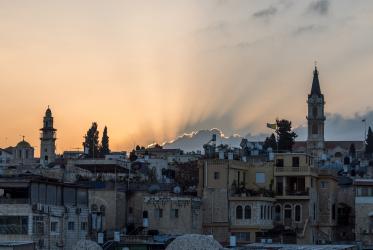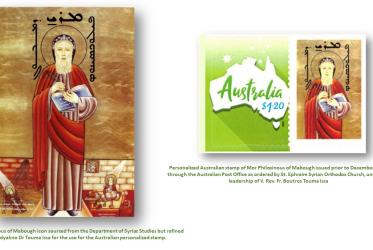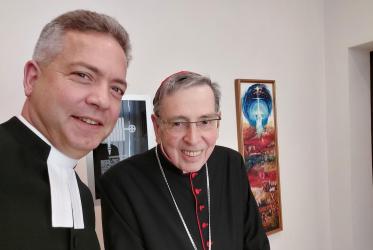Displaying 1 - 20 of 1225
Is health the same for all?
17 April 2024
Our trip to Rome
01 February 2024
A week of true Christian unity
25 January 2024







